What do you think?
Rate this book


416 pages, Hardcover
First published August 6, 2024
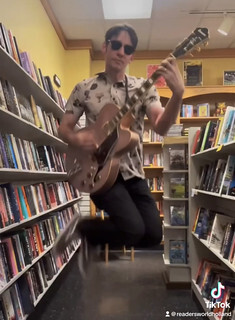

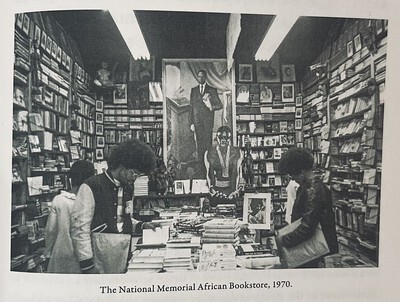
‘Don’t patronize the chain bookstores. Every time I see some author scheduled to read and sign his books at a chain bookstore, I feel like telling him he’s stabbing the independent bookstores in the back.’
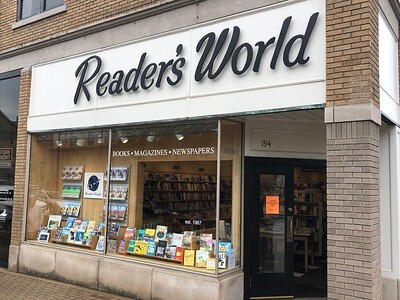
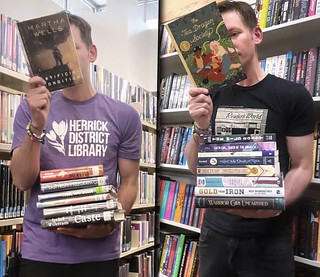
* Case in point: a library book bag bought in an indie local bookstore 🥰.
“The right book put in the right hands at the right time could change the course of a life or many lives.”
“Bookstores also stimulate our senses. Being surrounded by books matters. Sociologists have found that just growing up in a home full of books—mere proximity—confers a lifetime of intellectual benefits.”
“He understood that we are what we read. And that what we read is dictated by what authors choose to write, what publishers choose to publish, what printers choose to print, and what, where, and how booksellers choose to sell.”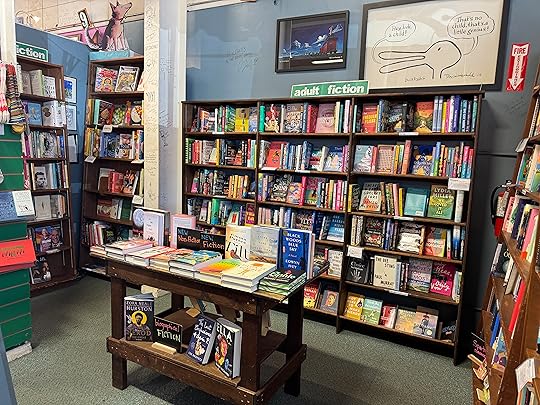
“Whether independent or corporate, whether in New York or New Mexico, bookstores have been disappearing. If bookstores were animals, they'd be on the list of endangered species.”
"[Bookshops] can be romantic spaces, places full of discovery, of chance, of wonder. They can be community spaces, activist spaces, political spaces. And they can be refuges, places to lose and find oneself."
Every bookstore is, in a way, political.Overall, a rather interesting overview of the evolution of books, primarily as the backbone of community. The true bibliophile will find lots of interest in these pages - even if he / she (like myself) might have preferred more of the genuine human interest stuff (i.e., more inspiring info on those who actually owned / operated stores), as opposed to the less-enthralling information re: street booksellers or faceless entities like Amazon, etc.
When Franklin first settled in Philadelphia, he felt something amiss: "There was not a good bookseller's shop." That wasn't just true of Philadelphia. In 1719, a visitor to New York pitied the "but one little Bookseller's Shop." That was one more than Virginia, Maryland and the Carolinas had.Lots of info tidbits are strewn along the way, i.e.,: for almost all early readers, the only household book to speak of was the Bible; Thomas Paine's 'Common Sense' was the nation's first bestseller; most early bookshops were in the Northeast, leaving states like Louisiana, Mississippi, Alabama, Kentucky and Oklahoma among the disinterested. (Hmm... what *can* it mean?)
Franklin, a fixer by nature, was determined to change the landscape. ... Improvement - at both the personal and national levels - required character building, which demanded reading.